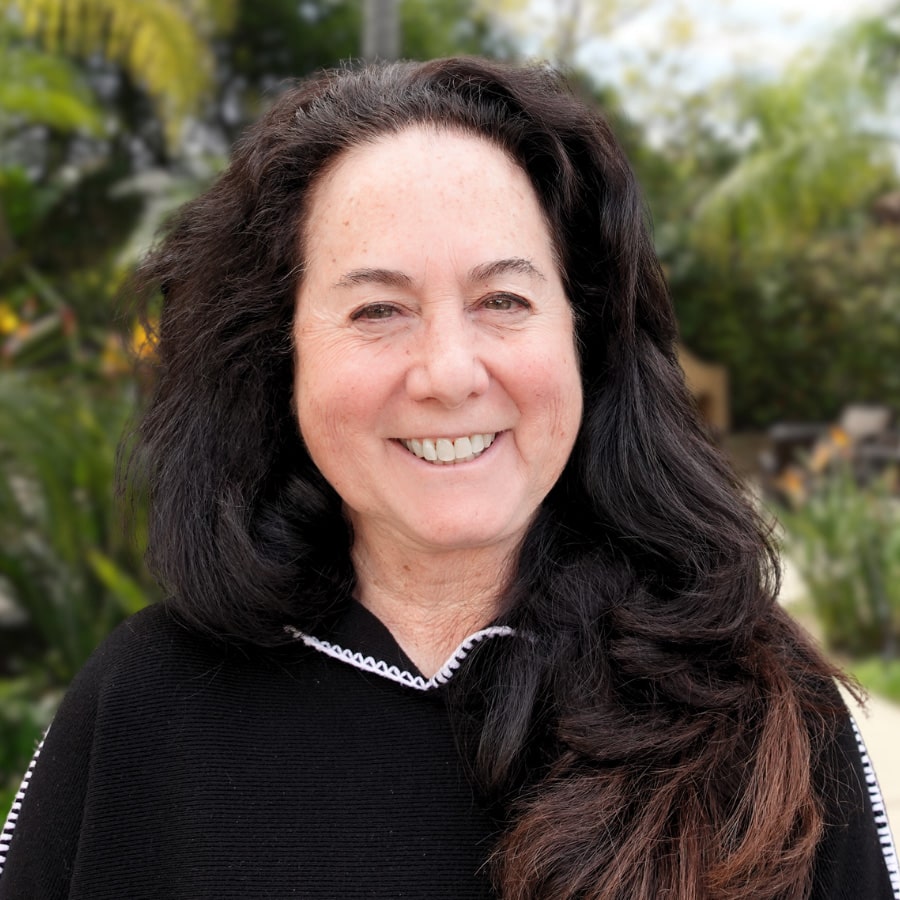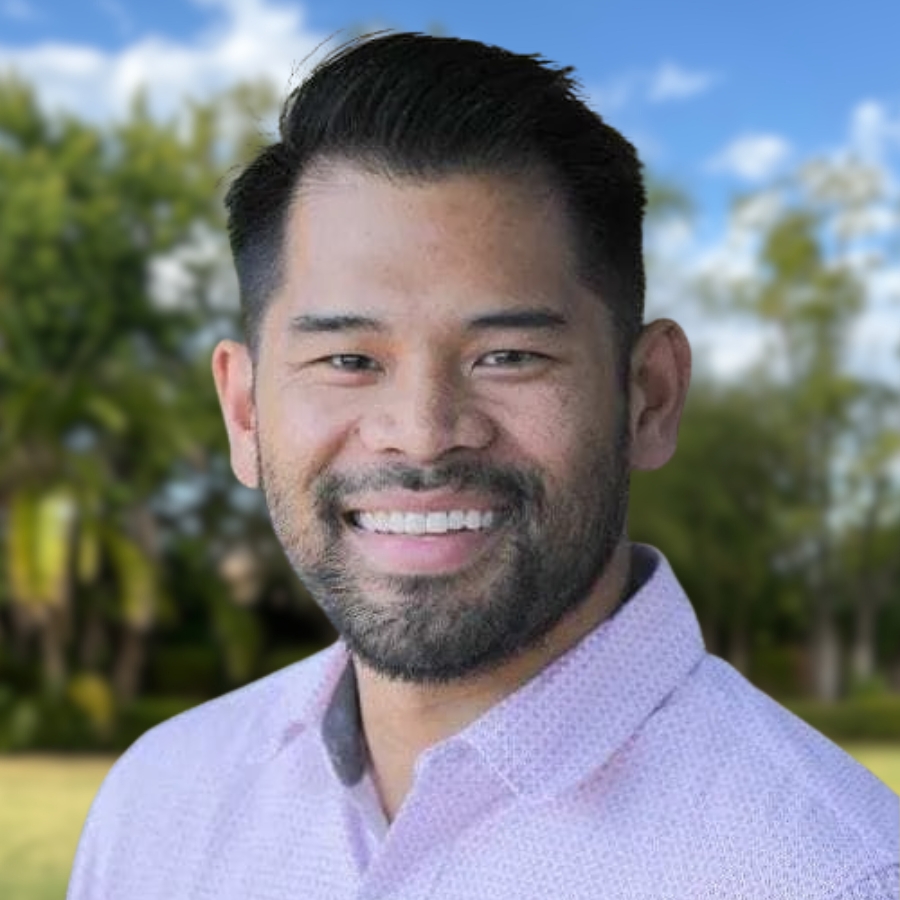Home » Treatment for Teens » PHP for Teens
PHP for Teens
Our partial hospitalization program (PHP) offers a high level of outpatient care for your teen. Our PHP for teens in California can help your teen thrive as they recover from mental or behavioral health disorders.
Call Hillcrest Adolescent Treatment Center to get help for your teen.
Home » Treatment for Teens » PHP for Teens
Our partial hospitalization program (PHP) offers a high level of outpatient care for your teen. Our PHP for teens in California can help your teen thrive as they recover from mental or behavioral health disorders.
Call Hillcrest Adolescent Treatment Center to get help for your teen.

When your child is struggling with their mental health, it’s important to know which adolescent partial hospitalization program is right for your teen.
Finding the right treatment program can feel overwhelming. At Hillcrest Adolescent Treatment Center, our Adolescent Partial Hospitalization Program (PHP) offers comprehensive care for adolescents ages 12–18, combining evidence-based therapies with compassionate support tailored to each teen’s unique needs.
Hillcrest is a place where safety, family involvement, and expert care come together to create a pathway to recovery. Whether your teen is navigating depression, anxiety, trauma, or other challenges, our team is here to guide them toward a brighter future.
Learn more about our teen treatment programs or call us now at 800-275-1707.
What Is an Adolescent Partial Hospitalization Program (PHP)?
A Partial Hospitalization Program (PHP) is a highly structured, intensive level of care designed for teens who need more support than outpatient therapy but do not require 24/7 residential care. At Hillcrest, our PHP bridges the gap between these levels of care, providing daily treatment while allowing your teen to return home in the evenings.
PHP offers a balance of therapeutic services and a consistent routine that promotes emotional regulation, skill development, and personal growth. This program is ideal for adolescents who need focused care but also benefit from the stability of being with their families.
During our PHP for teens, teens will attend treatment for 6-8 hours per day, 5 days each week. Sessions during PHP can vary, however, they focus on enhancing coping skills so that teens with mental and behavioral health disorders can thrive as they enter young adulthood. Throughout the day, your teen will have sessions that last from one to two hours, usually in groups with other teens in treatment.
At Hillcrest Adolescent Treatment Center, we know that education is valuable for young minds. Some parents may be reluctant to have their child in treatment out of fear that they will fall behind in their schooling. That is why we have educational professionals working in our treatment center to help teens stay on track with their schoolwork during treatment.
What Is a Partial Hospitalization Program?
A Partial Hospitalization Program (PHP) is a highly structured, intensive level of care designed for teens who need more support than outpatient therapy but do not require 24/7 residential care. At Hillcrest, our PHP bridges the gap between these levels of care, providing daily treatment while allowing your teen to return home in the evenings.
PHP offers a balance of therapeutic services and a consistent routine that promotes emotional regulation, skill development, and personal growth. This program is ideal for adolescents who need focused care but also benefit from the stability of being with their families.
During our PHP for teens, teens will attend treatment for 6-8 hours per day, 5 days each week. Sessions during PHP can vary, however, they focus on enhancing coping skills so that teens with mental and behavioral health disorders can thrive as they enter young adulthood. Throughout the day, your teen will have sessions that last from one to two hours, usually in groups with other teens in treatment.
At Hillcrest Adolescent Treatment Center, we know that education is valuable for young minds. Some parents may be reluctant to have their child in treatment out of fear that they will fall behind in their schooling. That is why we have educational professionals working in our treatment center to help teens stay on track with their schoolwork during treatment.

How to Know if Teen PHP Is Right For Your Child?
Understanding whether a Partial Hospitalization Program (PHP) is the right step for your teen can feel daunting, but you don’t have to navigate this decision alone. Every adolescent’s mental health journey is unique, but there are key indicators that suggest your child could benefit from the structured and intensive support that an Adolescent Partial Hospitalization Program offers.
Here are some common signs that it may be time to consider PHP:
- Persistent Mood Changes: Has your teen been experiencing prolonged periods of depression, anxiety, or irritability that seem to affect their ability to enjoy life or complete daily activities? Emotional fluctuations are normal during adolescence, but when these mood changes are intense, frequent, or interfere with relationships and responsibilities, it may indicate a need for professional intervention.
- Challenges with School Attendance or Performance: Academic struggles often reflect underlying emotional challenges. If your teen is avoiding school, struggling to keep up with assignments, or experiencing a noticeable decline in grades, it could be a sign that they’re overwhelmed by mental health issues. PHP provides the focused care and coping strategies your teen needs to rebuild confidence and manage these challenges.
- Difficulty Managing Emotions or Behavior at Home: Are conflicts, outbursts, or withdrawal becoming a daily occurrence in your household? Teens who struggle to regulate their emotions or behaviors may feel misunderstood or unsupported, which can lead to further isolation or frustration. PHP helps teens identify triggers, process emotions, and develop healthier ways of communicating and responding to stress.
- Recent Trauma, Grief, or Significant Life Changes: Major events, such as the loss of a loved one, a family separation, or an unexpected transition, can deeply impact a teen’s mental health. If your teen is having difficulty processing these changes or their emotions are manifesting as anxiety, anger, or depression, PHP offers a safe space for healing and emotional exploration.
- A Need for More Intensive Support Than Weekly Therapy Provides: Sometimes, weekly therapy sessions aren’t enough to address the complexities of your teen’s needs. If they require daily therapeutic interventions, a structured routine, or a higher level of accountability, PHP bridges the gap between outpatient therapy and inpatient care, ensuring they receive consistent, focused support.
How Effective Is an Adolescent Partial Hospitalization Program?
An Adolescent Partial Hospitalization Program (PHP) is one of the most effective options for teens who need more support than weekly therapy but do not require 24/7 residential care. PHP bridges the gap by offering intensive, structured treatment while still allowing teens to return home in the evenings.
Why PHP works:
Daily Therapeutic Support: Teens participate in full-day programs that include individual therapy, group counseling, and experiential activities—all designed to build emotional regulation and healthy coping skills.
Home Integration: Returning home each night allows teens to apply what they’ve learned in real-life situations, with family involvement helping reinforce progress.
Academic Continuity: Many PHPs, including Hillcrest’s, provide academic support to help teens stay on track with their education while focusing on mental health.
Proven Outcomes: Research shows that adolescents in PHP often experience measurable improvement in mood disorders, anxiety, and behavioral challenges. PHP can reduce the need for hospitalization and often serves as a step-down after residential care.
At Hillcrest, we’ve designed our PHP to be both clinically rigorous and emotionally supportive—giving teens the best chance at sustainable recovery while staying connected to their everyday life.
How Effective Is an Adolescent Partial Hospitalization Program?
An Adolescent Partial Hospitalization Program (PHP) is one of the most effective options for teens who need more support than weekly therapy but do not require 24/7 residential care. PHP bridges the gap by offering intensive, structured treatment while still allowing teens to return home in the evenings.
Why PHP works:
Daily Therapeutic Support: Teens participate in full-day programs that include individual therapy, group counseling, and experiential activities—all designed to build emotional regulation and healthy coping skills.
Home Integration: Returning home each night allows teens to apply what they’ve learned in real-life situations, with family involvement helping reinforce progress.
Academic Continuity: Many PHPs, including Hillcrest’s, provide academic support to help teens stay on track with their education while focusing on mental health.
Proven Outcomes: Research shows that adolescents in PHP often experience measurable improvement in mood disorders, anxiety, and behavioral challenges. PHP can reduce the need for hospitalization and often serves as a step-down after residential care.
At Hillcrest, we’ve designed our PHP to be both clinically rigorous and emotionally supportive—giving teens the best chance at sustainable recovery while staying connected to their everyday life.

What Teens Will Experience at an Adolescent Partial Hospitalization Program
At Hillcrest, we create a structured and engaging environment where teens can focus on recovery while feeling supported and understood.
Engaging and Experiential Support
Our PHP is designed to keep teens actively engaged in their treatment. Alongside evidence-based therapy, we offer experiential activities like expressive therapy, equine therapy, mindfulness exercises, and outdoor therapy to foster creativity and connection.
Safety and Compassion
Your teen’s safety is our top priority. Hillcrest provides a secure, welcoming space where adolescents can openly express their feelings without fear of judgment. Our trained staff ensures each teen feels valued and cared for every step of the way.
Family Involvement
We believe family is a cornerstone of healing. That’s why we prioritize family therapy and regular communication with parents and guardians. At Hillcrest, families are active participants in their teen’s treatment journey, gaining tools to build stronger relationships and support long-term recovery.
Medication Management
For teens who need medication as part of their treatment plan, our team of psychiatrists provides careful oversight and ongoing support. We work closely with families to ensure medications are used safely and effectively to support your teen’s progress.
Life Skills Training
A key component of our Adolescent Partial Hospitalization Program is equipping teens with practical tools to thrive beyond treatment.
Through life skills training, teens develop:
- Healthy coping mechanisms for stress and emotions.
- Communication and conflict resolution skills.
- Time management and personal responsibility.
- Techniques for maintaining positive mental health habits.
Structured Schedule
Teens thrive with structure, and our PHP offers a predictable daily routine that combines therapeutic activities with opportunities for relaxation and reflection.
A typical day includes:
- Morning mindfulness or grounding exercises.
- Individual and group therapy sessions.
- Skill-building workshops.
- Breaks for meals, snacks, and socializing.
- Experiential activities or educational support.
Individual Therapy
Each teen receives one-on-one therapy sessions with a licensed counselor to explore personal challenges, set goals, and celebrate progress. Individual therapy provides a safe space to address deep-seated emotions and develop a personalized plan for growth.
Group Therapy
Group therapy helps teens build connections and find shared understanding with peers. Led by experienced therapists, these sessions foster teamwork, empathy, and communication while addressing common issues like anxiety, self-esteem, and relationship challenges.
Aftercare
Recovery doesn’t end when PHP concludes. Hillcrest provides robust aftercare planning to ensure your teen’s progress continues. We collaborate with families to identify next steps, whether that’s transitioning to outpatient therapy, community resources, or academic support.
It’s not always clear whether your teen’s struggles warrant PHP, but you don’t have to make this decision on your own. At Hillcrest Adolescent Treatment Center, our compassionate admissions team is here to help. Through an initial consultation, we’ll take the time to understand your child’s challenges, discuss their unique needs, and guide you toward the most appropriate level of care.
Making the choice to seek treatment can feel overwhelming, but remember: early intervention can make all the difference in your teen’s recovery journey. Reach out to Hillcrest today to learn how our Adolescent Partial Hospitalization Program can help your teen build the skills and resilience they need for a brighter future.
The Benefits of an Adolescent PHP
Choosing an Adolescent Partial Hospitalization Program for your teen can offer:
- A higher level of care than traditional outpatient therapy.
- A supportive and structured environment tailored to teens’ needs.
- Family-focused healing and communication strategies.
- A bridge between crisis care and long-term stability.
- Tools and skills that empower teens to navigate life’s challenges with confidence.
Why Choose Hillcrest?
Hillcrest Adolescent Treatment Center offers a unique and supportive environment for teens facing mental health challenges. Located in the peaceful hills of Agoura, California, Hillcrest provides a safe, structured space where healing and growth are at the center of everything we do.
Here’s why families choose Hillcrest:
Personalized, Evidence-Based Care: Every teen receives a tailored treatment plan that blends clinical therapies like cognitive-behavioral therapy (CBT) and dialectical behavioral therapy (DBT) with expressive modalities such as art, music, and outdoor activities.
Compassionate, Expert Staff: Our multidisciplinary team views their work not just as a job, but a calling. We’re committed to walking alongside each adolescent and their family on the journey to recovery.
Family-Centered Approach: Healing doesn’t happen in isolation. We actively involve families through therapy sessions and education to strengthen communication and support at home.
Accredited, Trusted Facility: Hillcrest adheres to the highest standards in adolescent behavioral healthcare, ensuring your child is supported by a nationally respected program.
When your teen needs intensive support, Hillcrest offers not just treatment—but hope, trust, and a path forward.
Find the Support Your Teen Needs at Hillcrest Adolescent Treatment Center
At Hillcrest, we’re dedicated to helping teens and their families heal, grow, and thrive. If your child is struggling, our Adolescent Partial Hospitalization Program offers the expertise, compassion, and resources needed for lasting recovery.
Help your teen reclaim their well-being with Hillcrest’s supportive PHP. Contact us today to schedule a consultation or learn more about how we can help your family. Together, we’ll find the path forward.
PHP for Teens: FAQ
A typical day in PHP starts with a check-in so that teens can talk with counselors or peers as everyone comes in for the day. After that, sessions start, which can include a mix of group therapy, life skills training, and educational support. Each day will have a break for lunch, and some sessions include therapeutic recreational activities or outings.
PHP lasts about 6-8 hours per day, 5 days a week. Some PHP programs include weekend programming as well, but usually for only half a day.
PHP programs include a mix of different types of therapy, including the following:
Individual therapy during PHP programs often depends on your child’s needs. However, each adolescent will have a therapist to meet with regularly for one-on-one counseling.
Yes, your child will have breaks or downtime during PHP. Each day, there is a lunch break and some sessions are recreational to promote prosocial behaviors.
Electronics, phones, and social media can be distracting to teens during our PHP program. Therefore, we restrict the use of these devices during sessions.
However, we do understand that some teens need access to their phones for family emergencies or other situations. So, while we restrict access, we also allow some wiggle room. We ask that teens and their parents discuss this ahead of time.
We keep teens engaged in group therapy by encouraging participation and ownership of the group. Group therapy sessions, while facilitated and guided by a trained therapist, are usually run by the members of the group. We encourage teens to come up with discussion topics so that the information is relevant to their needs.
Of course, sometimes, teens are reluctant to share or it takes time to get comfortable in a group therapy session. Each therapist brings their own personality and expertise to the sessions to keep the group active and engaged.
In addition, we believe in activities and therapeutic recreation to keep teens engaged. That way, teens are engaged in real life activities while gaining valuable communication and social skills. Oftentimes, activities challenge teens to help them develop frustration tolerance, impulse control, and self-confidence.




















